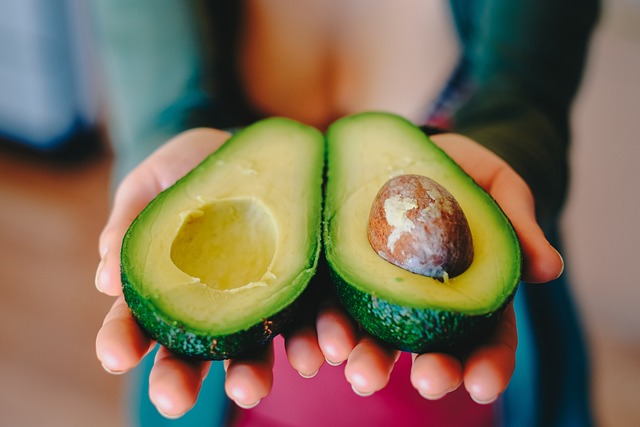The Ultimate Guide to Probiotic Foods: Enhancing Your Gut Flora Naturally
Probiotics have gained significant attention in recent years due to their numerous health benefits. These live bacteria and yeasts are known for improving gut health and supporting overall well-being. Incorporating probiotic-rich foods into your diet can help promote a healthy balance of gut flora, which in turn can have a positive impact on digestion, immunity, and mental health. In this ultimate guide, we’ll explore the top probiotic foods and how they can enhance your gut flora naturally.
1. Yogurt
Yogurt is one of the most well-known probiotic foods. Made from fermented milk, yogurt contains live cultures like Lactobacillus bulgaricus and Streptococcus thermophilus. These cultures help populate your gut with beneficial bacteria, supporting digestion and strengthening your immune system. When choosing yogurt, opt for varieties that are labeled as containing live and active cultures to maximize the probiotic benefits.
2. Kefir
Kefir is a fermented drink that has a similar taste to yogurt but with a thinner consistency. It is made by fermenting milk with kefir grains, which are composed of a combination of bacteria and yeasts. Kefir is packed with probiotics and contains a wider variety of strains compared to yogurt. It can be consumed on its own or added to smoothies for a refreshing and gut-friendly boost.
3. Sauerkraut
Sauerkraut is a traditional fermented cabbage dish that originates from Germany. The fermentation process creates a tangy flavor and introduces Lactobacillus bacteria to the cabbage. Besides probiotics, sauerkraut is also a good source of fiber and vitamins C and K. Add a dollop of sauerkraut to your hot dogs, sandwiches, or salads for a crunchy and probiotic-rich kick.
4. Kimchi
Kimchi is a spicy and fermented dish made with cabbage, radishes, and various seasonings. Hailing from Korea, kimchi has gained international popularity for its unique taste and probiotic content. It contains lactic acid bacteria, which promote gut health and aid in digestion. Embrace the flavors of kimchi by using it as a topping for rice bowls, tacos, or even as a standalone side dish.
5. Miso
Miso is a traditional Japanese paste made from fermented soybeans, rice, or barley. It is commonly used in soups, marinades, and dressings to add a rich umami flavor. Miso is an excellent source of probiotics, as the fermentation process involves the action of beneficial bacteria. Try incorporating miso into your meals by making miso soup or using it as a flavorful base for sauces.
6. Kombucha
Kombucha is a fizzy, fermented tea that has gained popularity for its refreshing taste and potential health benefits. It is made by fermenting sweetened black or green tea with a culture of yeast and bacteria known as SCOBY (symbiotic culture of bacteria and yeast). Kombucha is known for its probiotic properties and is often enjoyed as a beverage. However, be mindful of added sugars and consume it in moderation.
7. Tempeh
Tempeh is a plant-based protein source that originates from Indonesia. It is made from fermented soybeans, which are bound together to form a dense cake-like texture. Besides being an excellent source of protein, tempeh is rich in probiotics, thanks to the fermentation process. Incorporate tempeh into stir-fries, sandwiches, or even as a meat substitute in various dishes to reap its gut-friendly benefits.
8. Pickles
Pickles are cucumbers that have undergone a fermentation process in a brine solution. This process introduces beneficial bacteria known as lactobacilli, which contribute to the tangy taste and probiotic content of pickles. However, it’s important to note that not all pickles are fermented, as some are made using vinegar. Look for naturally fermented pickles in the refrigerated section of your grocery store to ensure you’re getting the probiotic benefits.
Incorporating these probiotic-rich foods into your diet can be a great way to enhance your gut flora naturally. Experiment with different flavors and combinations to find what works best for your palate. Remember to start slowly when incorporating probiotics into your diet, as an abrupt







